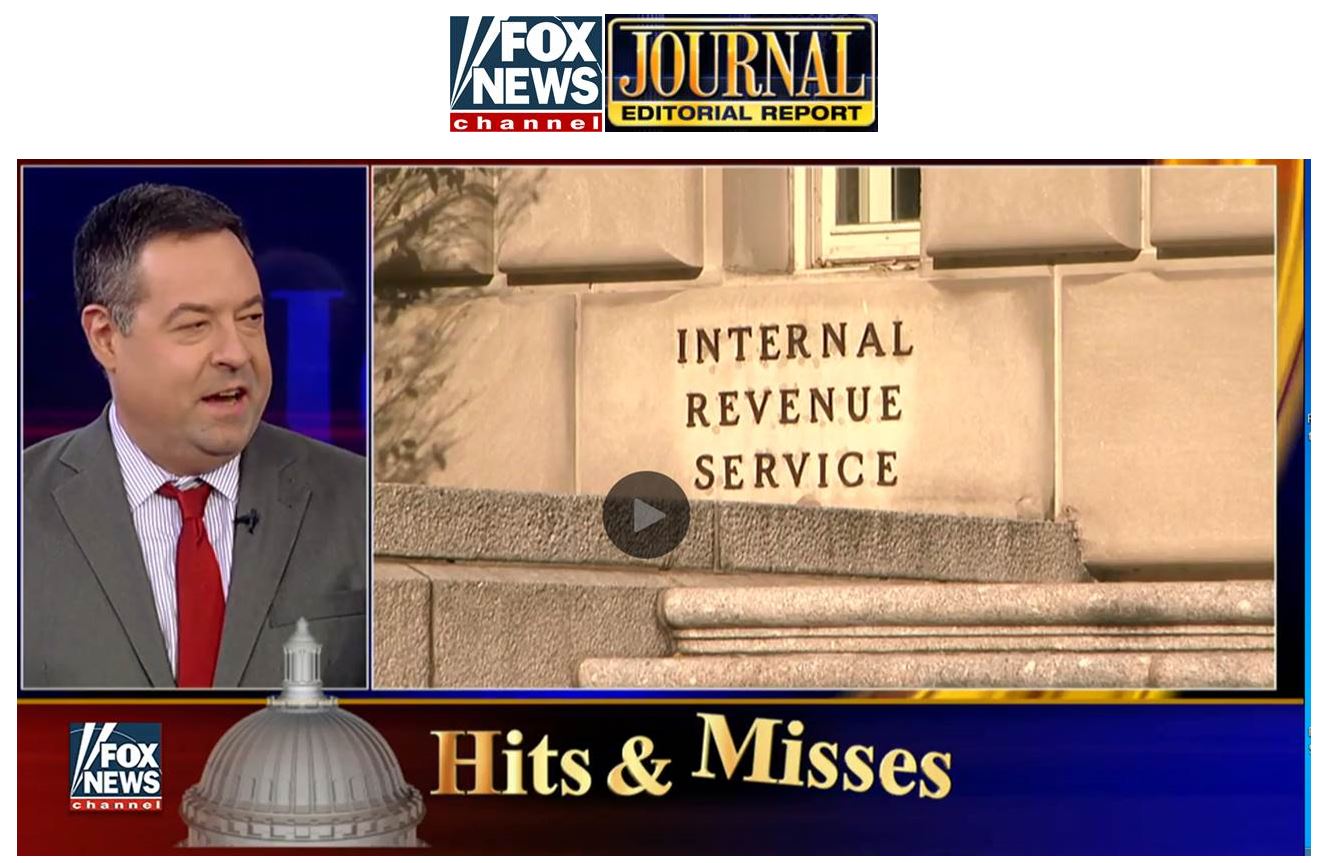James Taranto: A miss to the Internal Revenue Service which claims to have ended the ideological targeting of non-profit organizations. But as the Cause of Action Institute points out, the rule that enabled this targeting is still on the books. It tells agents to investigate any non-profit that might, and I quote, “attract media or congressional attention,” which suggests the IRS is more interested in protecting its image than the rights of Americans.
You can access our full report, “Sensitive Case Reports: A Hidden Cause of the IRS Targeting Scandal” HERE
